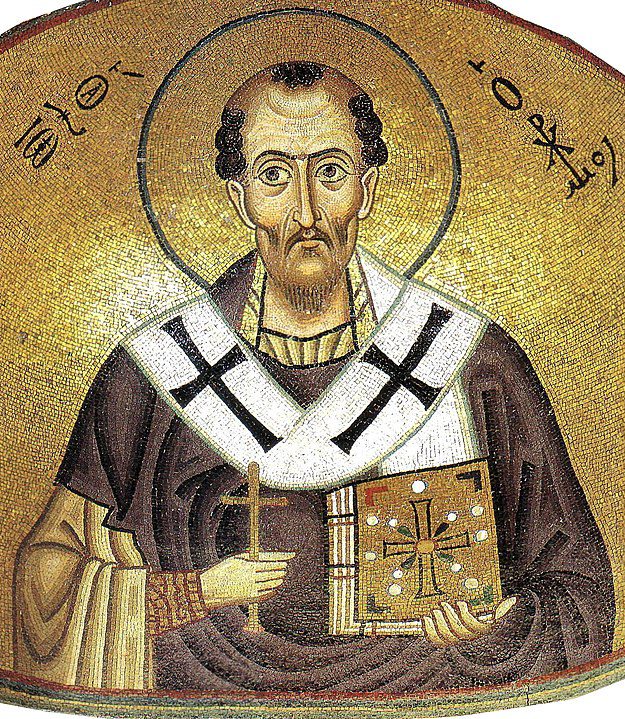
Contrary to the common assumption, abortion is not a new medical technology. Abortion existed throughout human history, including the ancient world. And Christianity has consistently condemned abortion and fought for the protection of unborn children.
This was so even if the primitive science of the time assumed the fetus was not a full-fledged human being until “quickening,” when the mother can feel the movement of her baby, which was thought to be the moment of “ensoulment,” when God gave the fetus a soul. Bizarrely, pro-abortion Christians are unearthing medieval writings to that effect and using them to argue that Christianity permits abortion, as if the science of the Middle Ages is more authoritative than modern embryology, which recognizes that life begins at conception. And as if the medieval Christians who knew so little science still did not strongly oppose abortion.
In ancient Rome, abortion was rife, to the point that many observers of the time worried that the population was going to collapse. And the Early Church consistently opposed abortion, as well as the related practice of “exposing” children after they were born.
This is demonstrated in one of the best books on abortion that I have ever read, Abortion and the Early Church: Christian, Jewish, and Pagan Attitudes in the Greco-Roman World by church historian Michael J. Gorman.
Recently, Southern Baptist scholar Brian Arnold wrote a piece for The Gospel Coalition entitled Meet the Early Church’s Pro-Life Movement. Consider the quotations he assembles:
Christianity’s earliest writers universally condemned the practice of abortion. The late first century Didache set the tone: “You shall not abort a child or commit infanticide” (2.2). Likewise, the Epistle of Barnabas (AD 70–135) commands, “You shall not slay the child by procuring abortion; nor again, shall you destroy it after it is born” (19).
Again and again, early Christian writers declare that abortion is murder:
And when we say that those women who use drugs to bring on abortion commit murder, and will have to give an account to God for the abortion, on what principle should we commit murder? For it does not belong to the same person to regard the very fetus in the womb as a created being, and therefore an object of God’s care, and when it has passed into life, to kill it; and not to expose an infant, because those who expose them are chargeable with child-murder. (Athenagoras, A Plea for the Christians)
The woman who purposely destroys her unborn child is guilty of murder. (Basil, Letters, 188.2)
[By abortion] life is snatched away from them before it has been given. (Ambrose, Hexameron, 5.18.58)
Some go so far as to take potions that they may insure barrenness, and thus murder human beings almost before their conception. Some, when they find themselves with child through their sin, use drugs to procure abortion, and . . . (as often happens) they die with their offspring. (Jerome, Select Letters, 22.13)
No woman should take drugs for purposes of abortion, nor should she kill her children that have been conceived or are already born. (Caesarius, Sermons, sermon 44)
Chrysostom (AD 349–407) took it a step further by arguing that abortion is “even worse than murder. For I have no name to give it, since it does not take off the thing born, but prevents its being born” (Homilies on the Epistle to the Romans, homily 24).
Remember this the next time liberal theologians or other abortion apologists insist that Christianity is really not opposed to abortion. Just because some evangelicals and others in the church have at times neglected historic Christianity–on this as well as other issues–as we posted about yesterday, does not take away from the fact that historic Christianity is and always has been consistently pro-life.
Illustration: Icon of St. John Chrystostom by Anonymous – Chatzidakis. Byzantine Art in Greece, Public Domain, https://commons.wikimedia.org/w/index.php?curid=38027433













